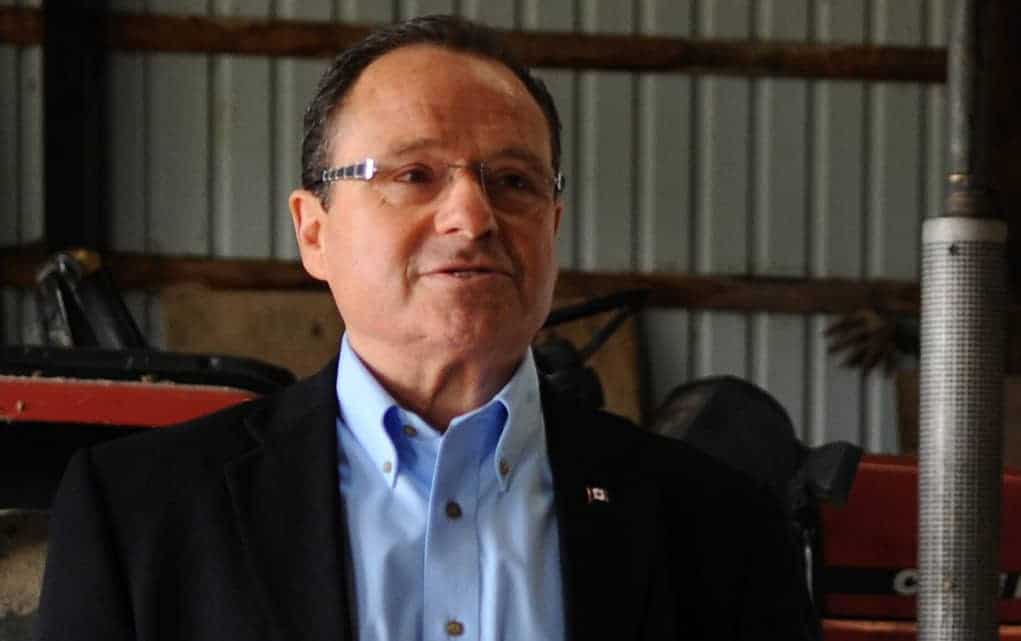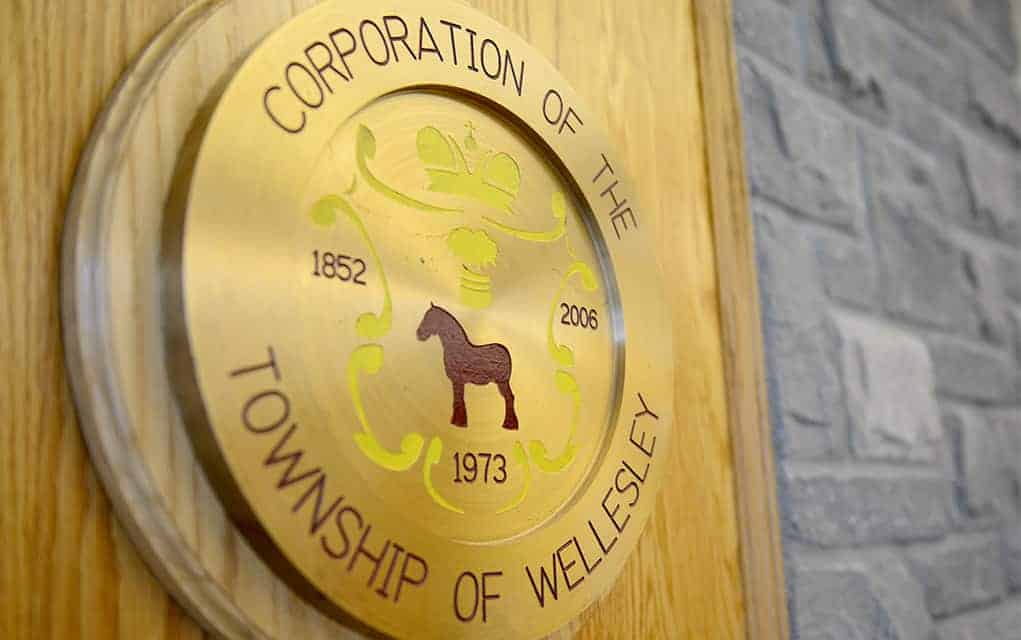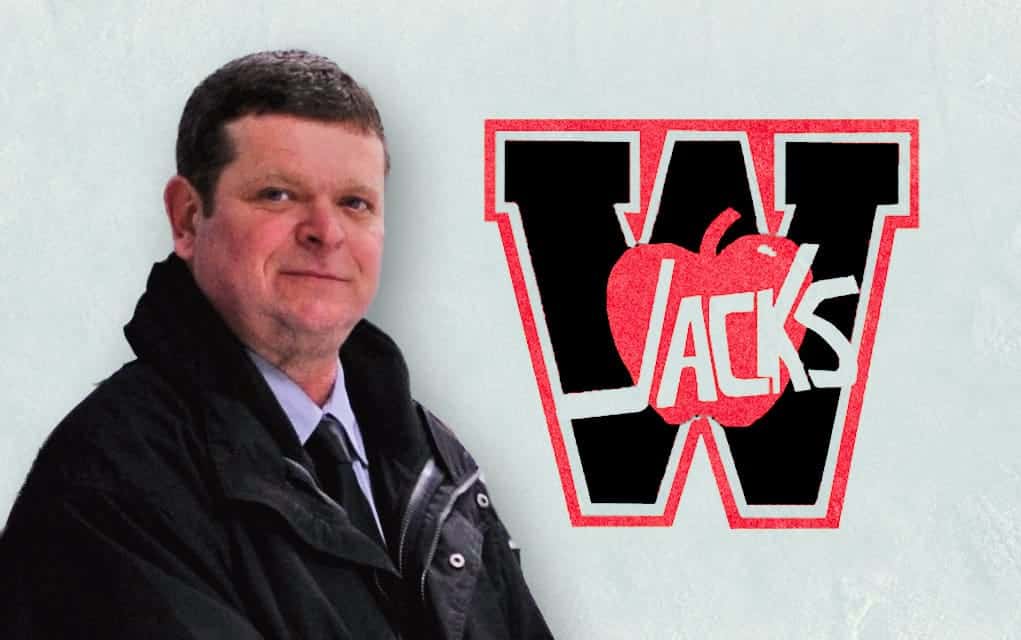Kitchener-Conestoga’s representative in the nation’s capital, MP Harold Albrecht, is still stewing over the Liberal government’s failure to address a key sector in its Throne Speech: agriculture. As the House gets back to business, he’s looking to get the topic on the agenda.
Everywhere you look in the townships, there are farms and agriculture-based businesses. It is an industry that Albrecht sees as a vital aspect of Canada’s economy, especially in his constituency.
“I cannot believe that they actually didn’t even mention it, even in relation to increasing trade opportunities. Just something about agriculture,” he said this week as the House of Commons resumed after its Christmas break. “Woolwich has all kinds of agriculture, and so do Wellesley and Wilmot. These are all townships that I am responsible for and people may think, I am just focusing on farmers, but I am focusing on our cities as well. If we don’t have good quality food at affordable prices, then everybody is affected. I was speaking on behalf of all of my constituents in Kitchener-Conestoga.”
For Albrecht, it isn’t just about the farmers in the fields, but looking at agriculture as an industry that could help move Canada’s economy forward in light of the current issues surrounding the resource economy in the western provinces.
“Our economy is suffering right now because of the energy sector and we can’t afford to ignore what is happening in Alberta,” he said, citing increased interest in agriculture as an open door to other economy building opportunities. “I want to stress that underlying the agricultural issues, is the whole question on the economy. When you begin to increase deficits, increase the load that will be borne by future generations, increase taxes and more importantly, decrease the importance of international trade, I think that puts us all in a vulnerable position.”
MPs have only been back a week, but Albrecht says he thinks the current session is going as well as it could be with so many new faces following last fall’s election.
“There are upwards of 200 new members of parliament, so it is virtually impossible to get to know them all so quickly. Even in my own party with 99 MPs, 33 or 34 of them are brand new,” he said, mentioning that things will start to come together in the near future. “It has been a good week. I think that our opposition members have stood strongly and indicated their concerns about things that were missed in the Throne Speech, and some of the directions that the government seems to be heading, we are not supportive of, and yet, we want to be productive and work together on things that we can support.”
He is also optimistic about the next few months with the forming of committees, and new MPs getting into the swing of things. Albrecht sits on the committee that has been charged with looking at the issue of physician-assisted suicide. Things are just getting started.
“(Committees) have just been struck. So we know what committees we are on, but few have actually met yet. Currently, the committee that is charged with the physician-assisted suicide issue is meeting, and that is taking up a large chunk of our time,” he said. “The reading involved is tremendous. Then there is the number of (House) sittings themselves.”
With all the work that is coming up, Albrecht is optimistic about the coming months in the House of Commons, and plans to keep advocating for the best interest of his constituents and the rest of the Canadians that voted blue.
“I am very optimistic. I am optimistic of a good working relationship, but we want it to be clear that we are going to be standing up for the almost 6 million Canadians that voted Conservative. We don’t feel that we have no voice. Not only were we elected in our ridings, but if you look across the country, we had a very strong support system for the values that we have been fighting for over the last ten years,” he said from his Ottawa office. “Again, I want them to know that I have thoroughly enjoyed representing them for the last ten years, and anticipate representing them as effectively in opposition as I did in government. I will continue to work on behalf of the region of Waterloo in spite of the fact that I don’t have my four conservative colleagues there with me. I will be sure to champion what is good for the region, regardless of which political party puts it forward.”
The House of Commons will be meeting consistently until their three month summer break, starting at the end of June.









